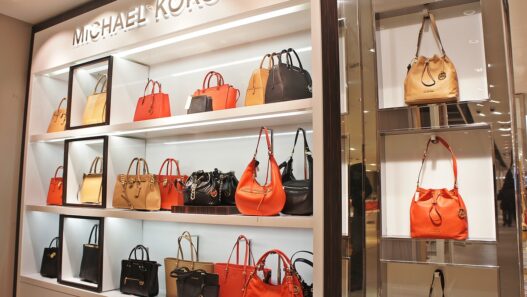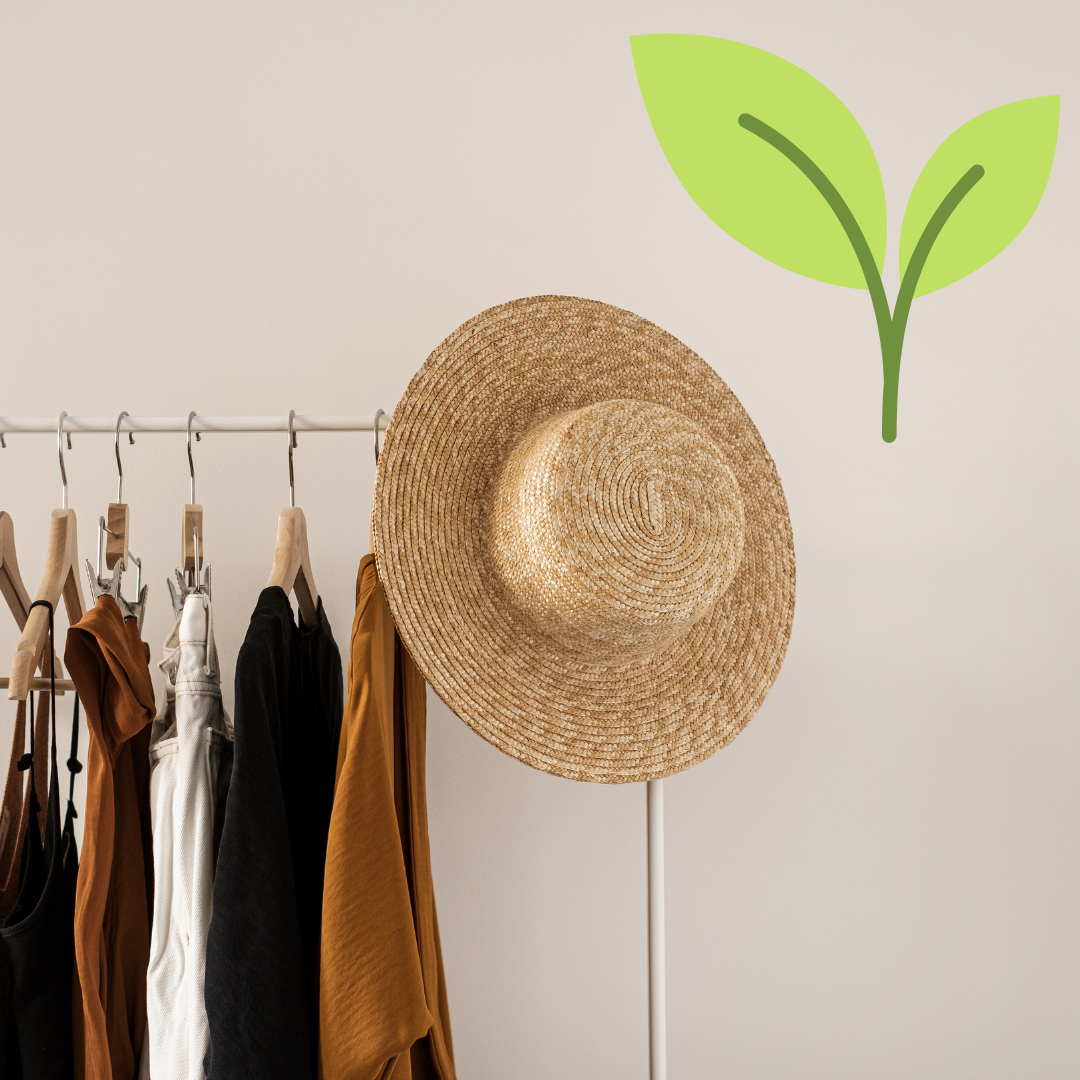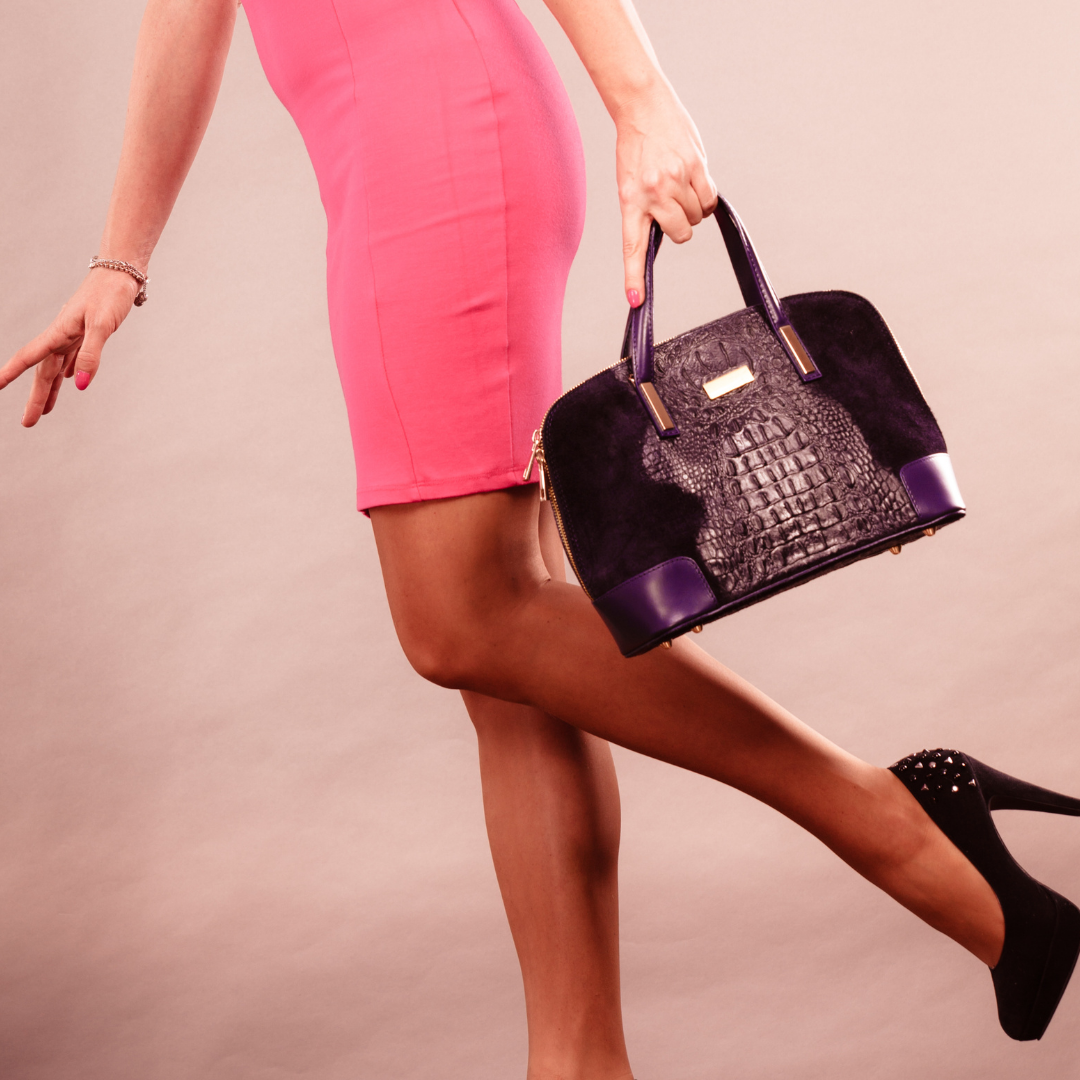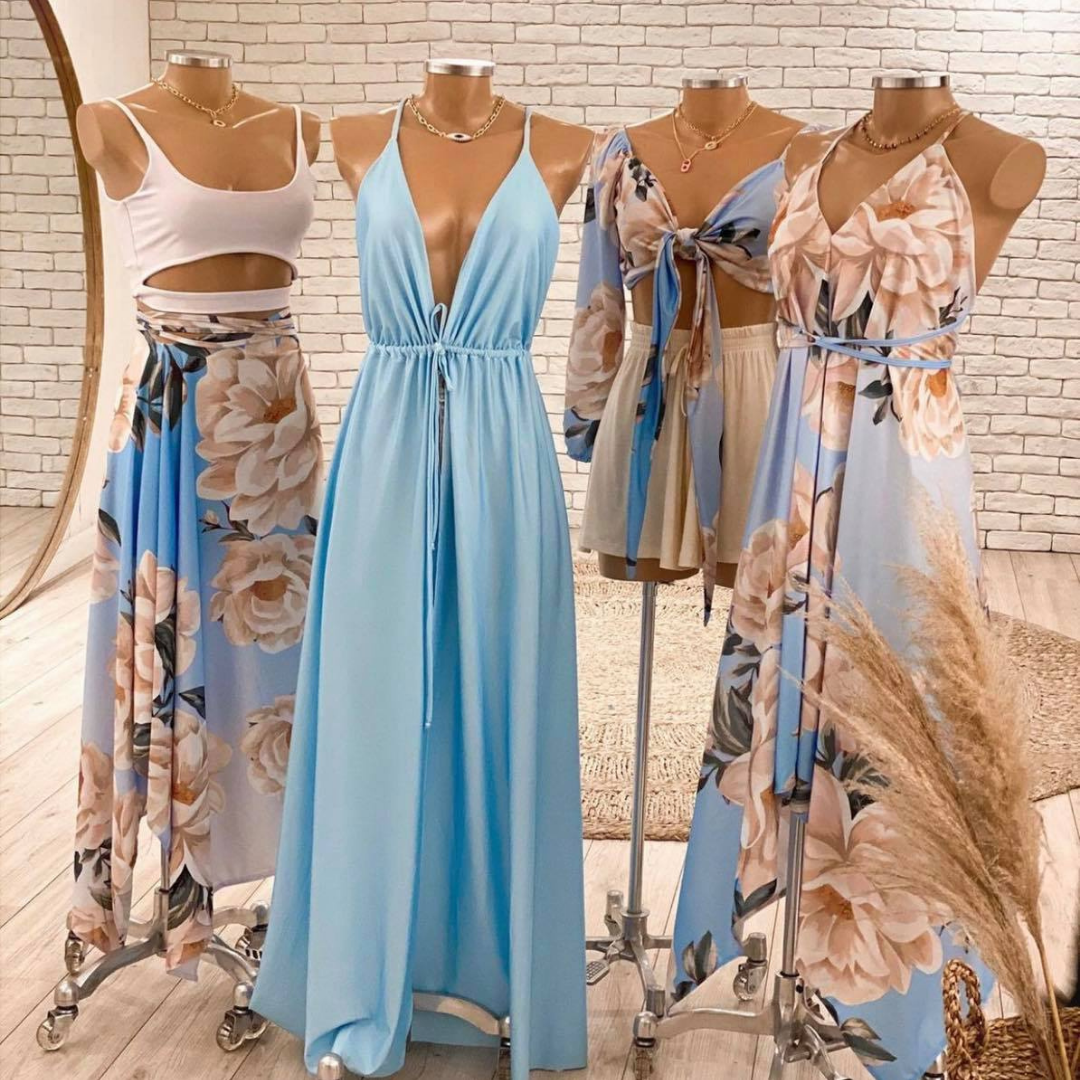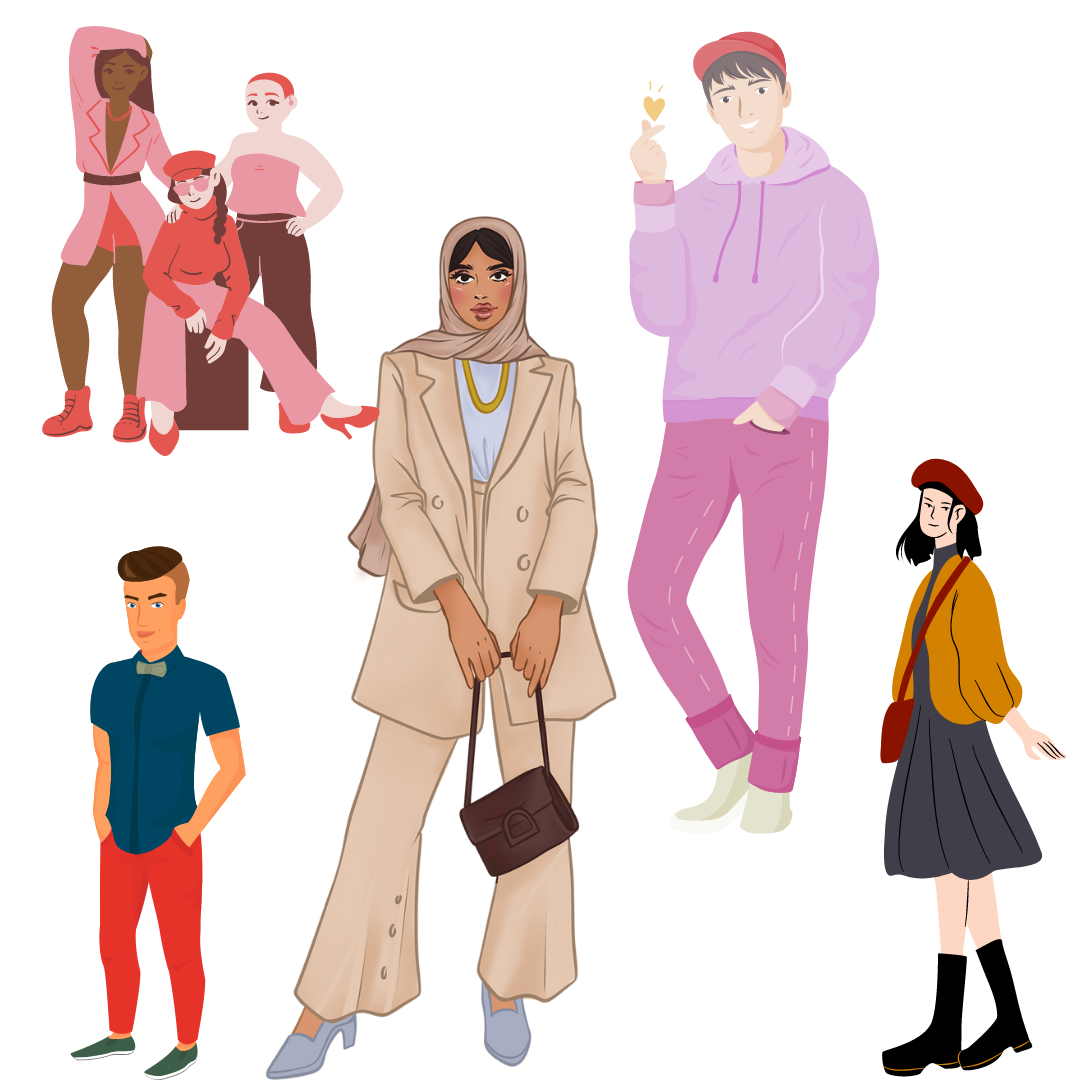Carrie Bradshaw once said “Never buy anything less than fabulous. Then you’ll wear it over and over again!”
The definition of “fabulous” in the fashion industry has evolved from high-end and expensive fast-fashion labels, and now it stands for sustainable, slow, and ethical. Fast fashion has been depleting the environment since decades. Trends change every single week, and every new season brings in a new way of clothing. In the race of being “relevant,” fashion brands ran too far, causing significant damage to the environment. The apparel industry now alone produces, 10% of the global carbon emissions, and more than 8000 chemicals are used to convert raw materials into fabrics. Like the name suggests, fast fashion is destroying the environment at an even faster rate.
In response to this, sustainable and slow fashion has come into the picture, trying to salvage whatever is left of the environment. Sustainable or slow fashion encourages locally produced, biodegradable fabrics that have little to no adverse effects on the environment. An ethical brand is also fair in terms of policy regarding employment and labour laws.
Here is a list of homegrown sustainable and ethical fashion brands who are doing their part in saving the environment:
- Mio Borsa
Based in New Delhi, Mio Borsa is the first Indian brand to make vegan leather and combine sustainability with utilitarian accessory designs. Their eco-friendly leather is manufactured from plant Pu and pineapple stem extract known as ‘pinatex’, and their sleek bags are ideal for your working wardrobe.
- Rengé
Rengé provides responsible and ethically aware and luxury daily apparel for women. Each limited-edition collection is made using the finest leftover textiles obtained locally. They also offer custom fits for all styles.
- Ka-Sha
Ka-Sha, a business that weaves cloth intending to tell a narrative, has been striving towards complete integration of sustainability, beginning with the resources, designing, and production, and ending with the distribution. The Heart to Haat programme of the Pune-based firm aims for zero waste creation while also recycling and up-cycling materials to produce valuable items. Their products are handcrafted by expert craftsmen using natural fabrics and colours.
- Doodlage
Doodlage gathers its raw materials from industrial waste and crafts items with fair wage units or ethical spaces, all with holistic sustainability in mind. They sew little strips of cloth together to create texture and reuse for stationery. The items are packaged in 100 percent biodegradable plastics, with reusable fabric totes manufactured from any leftovers serving as the last packaging layer. Doodlage gives a minimalist-chic aesthetic to their designs and has organically built a conscientious audience since its start. They are now working on introducing a buy-back programme.
- Chakori Ethnic
This firm collaborates with rural artisans and craftspeople to make trendy and sustainable clothing. In keeping with the brand’s name, the label produces ethnic apparel. Their items are available in various traditional prints such as Kalamkari, Shibori, Hand block, Dabu, Indigo, and Phentiya. Check out their handmade, experimental fabric, which makes a strong environmental statement.
- MAGA
This Noida-based fashion firm has been employing processed organic colours derived from grass, onion peel, and coffee/tea dregs. It is currently investigating the possibility of adding leftover flowers from weddings as dyes as well. Aside from that, they want to work with local artisans to promote fair trade. The brand’s objective is to make sustainable fashion accessible to everyone by making it inexpensive.
- Runaway Bicycle
This fashion firm situated in Mumbai focuses on garments and home décor. The firm works with weavers to create handloom items from the ground up. The Runaway Bicycle radiates a classy yet straightforward attitude in their apparel by using natural colours, khadi, organic cotton, and other hand-woven fabric.
- Button Masala
The brand provides an intriguing twist on sustainable design by using no leftover fabric or stitching. Button Masala actively educates individuals on how to utilise cloth in various ways with simple buttons and rubber bands, depending on their requirements. This implies there will be no waste, and you will be delighted. The firm also teaches its approach in seminars and lets the cloth speak for itself.
- Ikkivi
Ikkivi, a curated boutique for modern ethical apparel, partners with independent brands such as Ura Maku, Kanelle, and The Summer House, promoting good change. Ikkivi has announced a size-inclusion agreement that would give 2XS to 5XL sizes at no additional cost.
- Sundarii Handmade
Sundarii Handmade, which combines contemporary and traditional styles, has been environmentally responsible since its start. This brand employs natural colours and natural fibres like cotton and uncommon fabrics like Mashru and Modal silks, to make stylish, inexpensive, and environmentally responsible clothes. To ensure fair trade, the firm also partners with rural artisans, such as having mirror and embroidered work done on its products by tribal women from Kutch.



